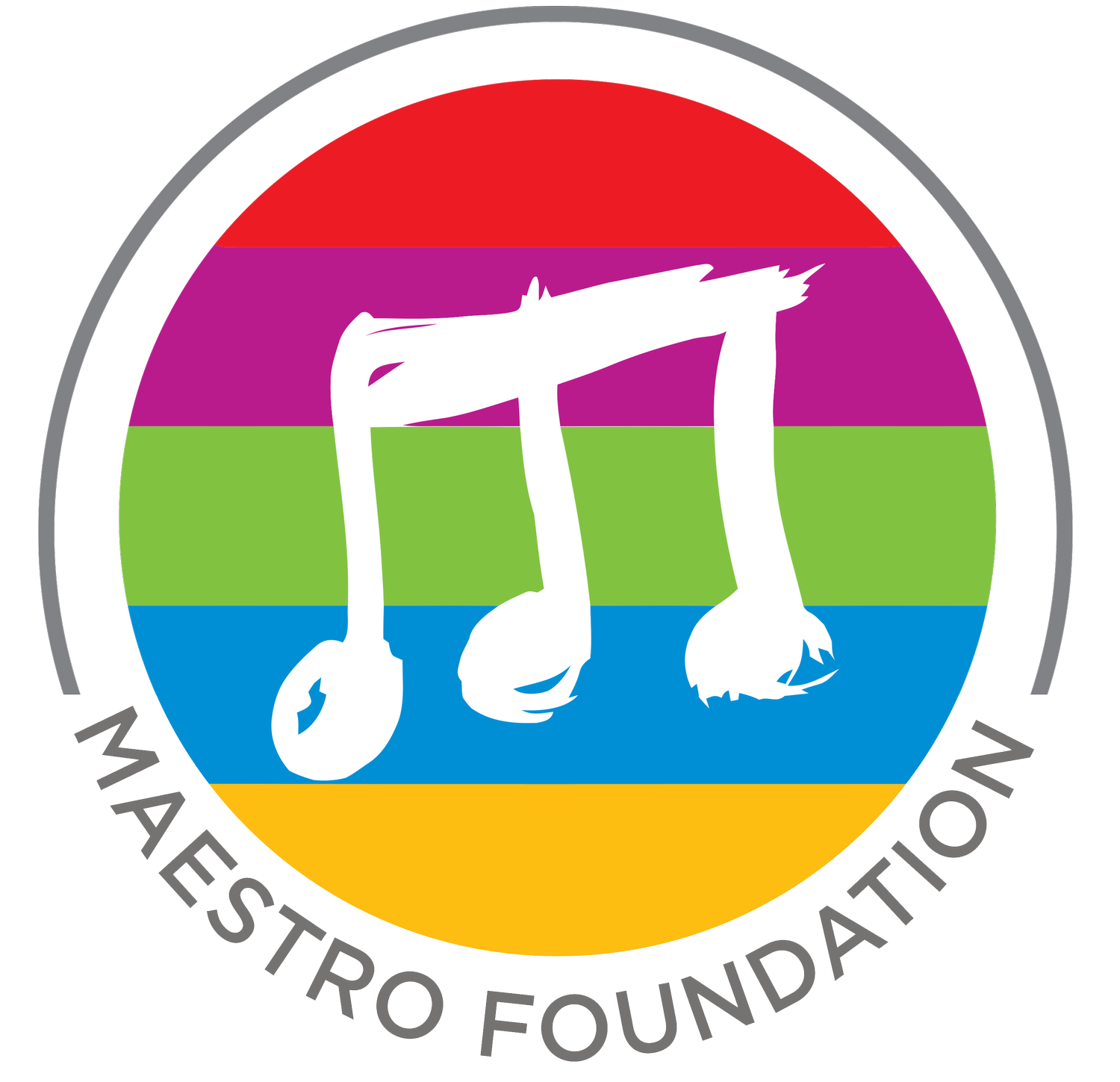Dr Assal Habibi, an Assistant Professor (Research) of Psychology at the University of Southern California (USC) is currently leading a 5-year longitudinal study, in collaboration with the Los Angeles Philharmonic Youth Orchestra (YOLA), investigating the effects of early childhood music training on the development of brain function and structure as well as cognitive, socio-emotional development.
Her research at the Brain and Creativity Institute at USC show that as little as two years of music instruction has multiple benefits. Music training can change both the structure of the brain’s white matter, which carries signals through the brain, and gray matter, which contains most of the brain’s neurons that are active in processing information. Music instruction also boosts engagement of brain networks that are responsible for decision-making and the ability to focus attention and inhibit impulses.
Initial results published last year showed that music training accelerates maturity in areas of the brain responsible for sound processing, language development, speech perception and reading skills.
Dr. Habibi concluded “Together these results demonstrate that community music programs can offset some of the negative consequences that low socioeconomic status can have on child development.”
More information on Dr. Habibi’s work at USC is available at https://dornsife.usc.edu/bci/brain-and-music/.
The report in Neuroscience News which was brought to our attention by Moshe Hammer of From Violence To Violins can be found at https://neurosciencenews.com/kids-music-brain-structure-7941/
